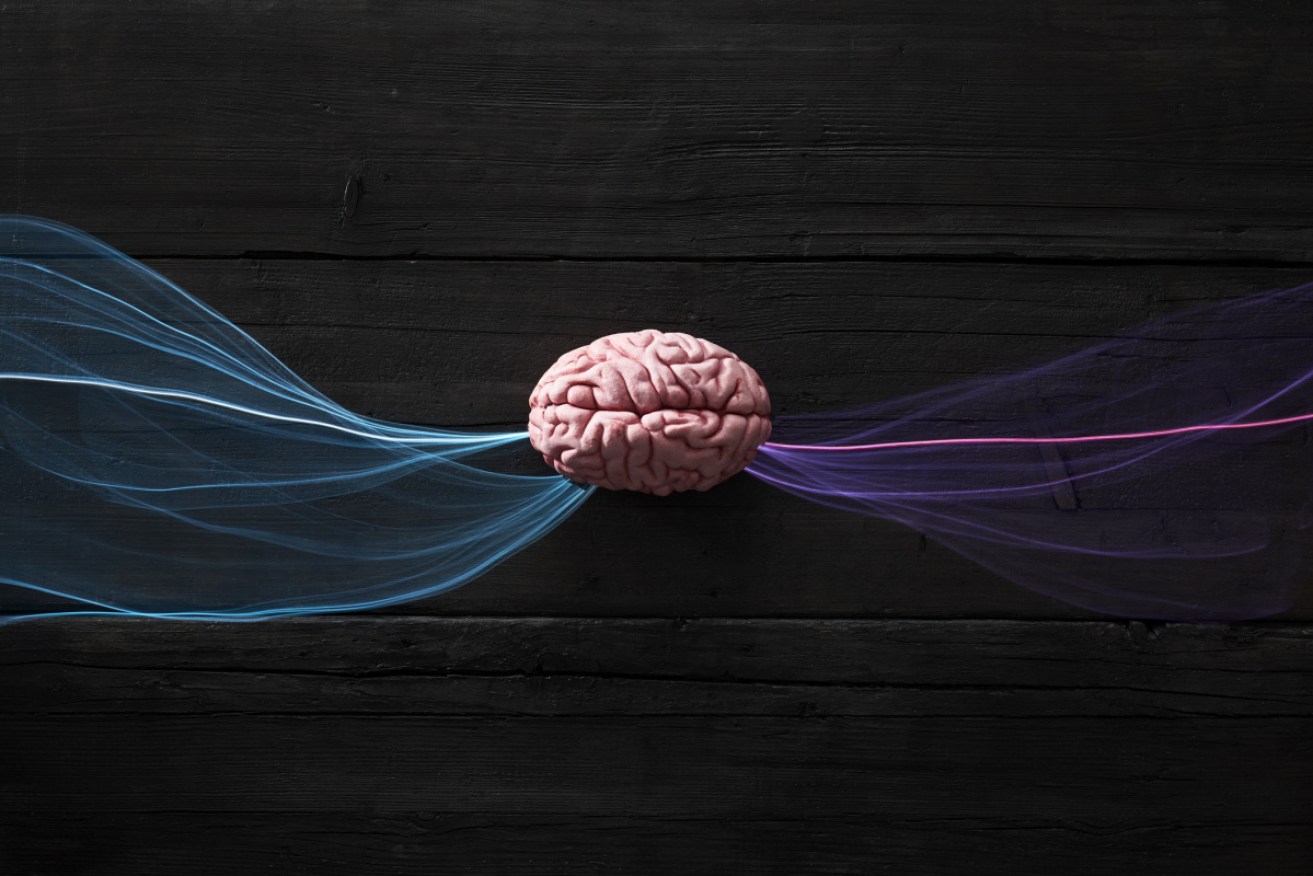Artificial Intelligence has mind-boggling potential, but the global risks are profound


Experts have called for a public debate about the future of AI in Australia. Photo: Getty
Artificial Intelligence (AI) has incredible potential to improve lives and create a better world, but the stakes are high and the consequences will be disastrous if the technology is misused.
Those are the findings of a new “horizon scanning” report by the Australian Council of Learned Academies (ACOLA), titled The Effective and Ethical Development of Artificial Intelligence – An Opportunity to Improve our Wellbeing.
“Horizon scanning” is a way for governments and decision-makers to “look at the future challenges and opportunities that the technologies pose”, UNSW Professor of Artificial Intelligence Toby Walsh, co-chair of the report’s expert working group, said.
The report draws on research and expertise from a wide range of disciplines including science, medicine, economics, philosophy and law.
At its best, AI has the power to enhance Australia’s wellbeing, lift the economy, improve environmental sustainability and create a more equitable, inclusive and fair society, the report said.
However, the global risks posed by AI are profound.
These include mass unemployment, rampant cyber crime, and the development and deployment of AI-enabled weapons.
The report’s authors called for serious public debate on the type of AI-enabled future Australians want, warning that the future impact of AI on our society will be determined by the decisions we make today.
“With careful planning, AI offers great opportunities for Australia, provided we ensure that the use of the technology does not compromise our human values,” Professor Walsh said.
As a nation, we should look to set the global example for the responsible adoption of AI.’’
Australia’s chief scientist Dr Alan Finkel said the report’s purpose was to “develop an intellectual context for our human society to turn to in deciding what living well in this new era will mean”.
“What kind of society do we want to be? That is the crucial question for all Australians, and for governments as our elected representatives.”
What is AI?
There is no simple, universally agreed upon definition of what AI is.
The ACOLA report describes AI as “not a specific technology, but rather a collection of computational methods and techniques”.
It defines AI as “a collection of inter-related technologies used to solve problems and perform tasks that, when humans do them, requires thinking”.

Components of AI. Source: ACOLA
AI can be distinguished from simpler software technologies “in its ability to handle problems involving complex features such as ambiguity, multiple and sometimes conflicting objectives, and uncertainty”.
AI increasingly, but not always, includes an “ability to learn and improve over time” – a function known as Machine Learning.
How will AI be used in the future?
AI is leading to the creation of “transformative technologies that promise to significantly alter our environment”, the report said.
Its economic impact will be profound, with a 2017 PwC report describing it as a “game changer”.
“AI could contribute up to $US15.7 trillion to the global economy in 2030, more than the current output of China and India combined,” PwC said.
However, Professor Walsh dismissed the notion of a global “AI race” that will be won by a single country or business.
“AI is often compared to other pervasive technologies that have changed our lives [such as electricity] … but all of the world run the electricity race,” he said.
“All of us use electricity … and similarly that will be true of AI.”
While the economic opportunities of AI are “immense”, it can also be used to improve our environmental, personal, and political wellbeing, he said.
“It’s hard to think of an aspect of our lives that it isn’t going to touch in some way,” Professor Walsh said.
“After all, most of what we do is the product of our intelligence, and having other intelligent machines around will be transformational.”








